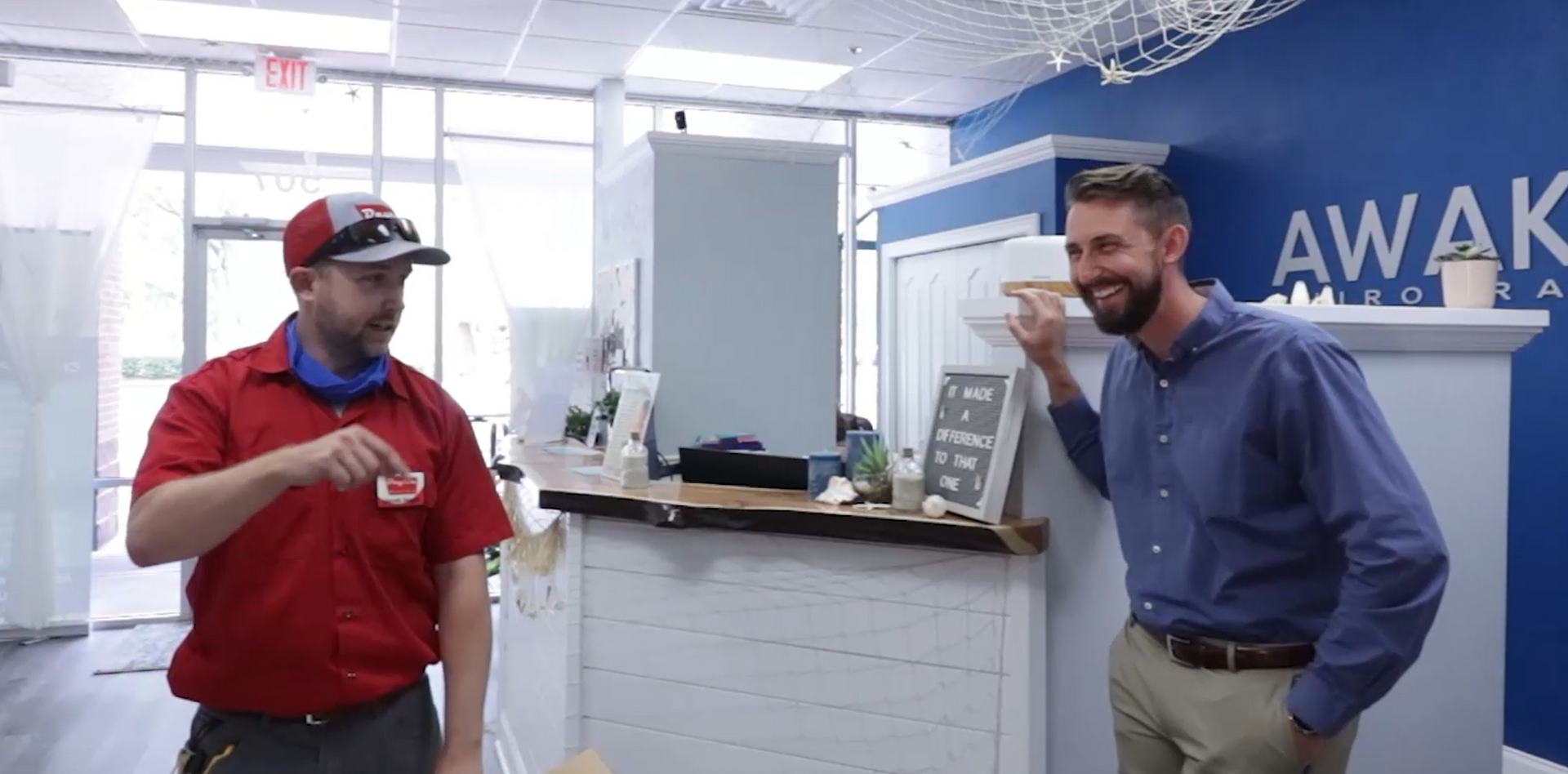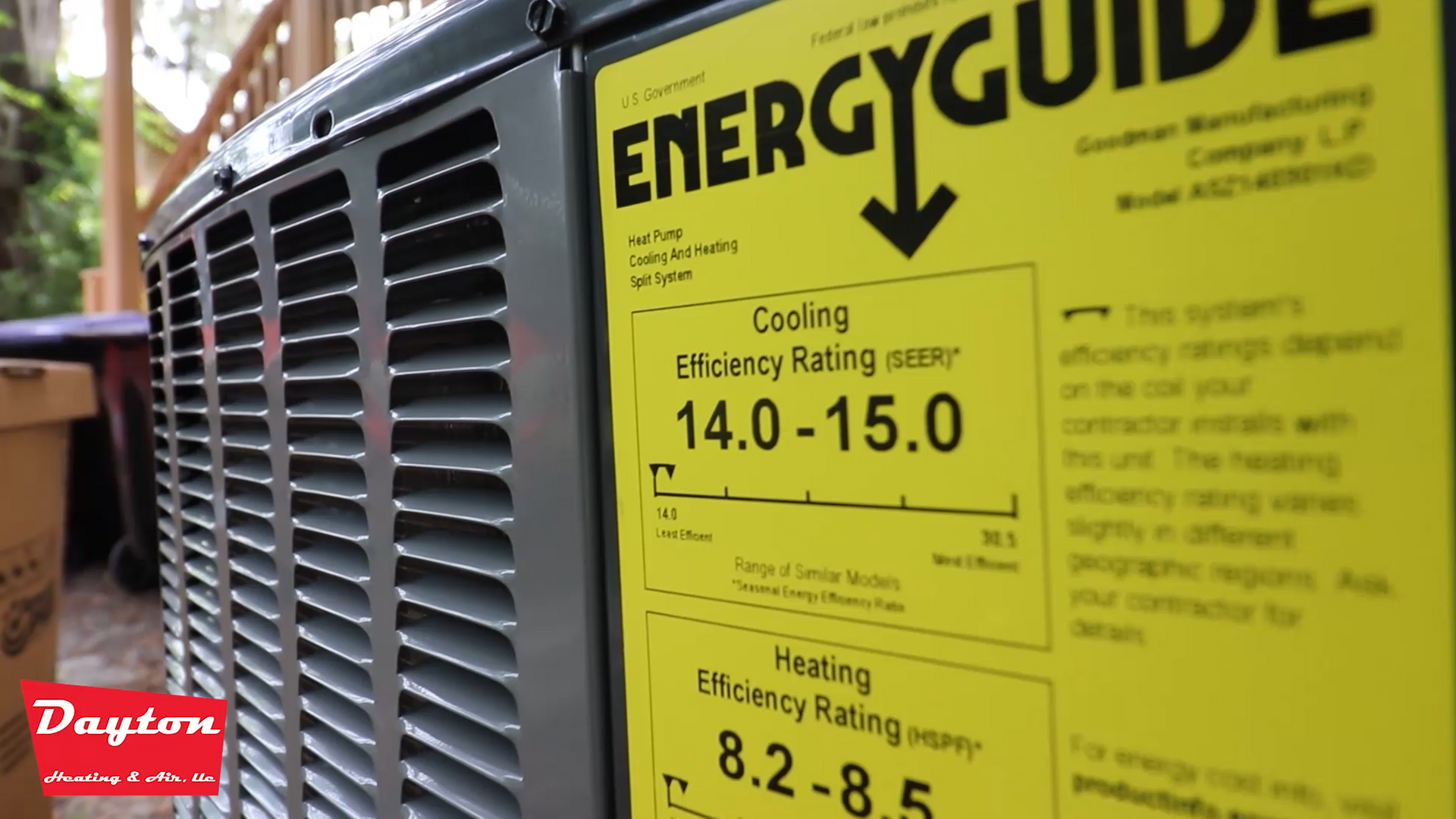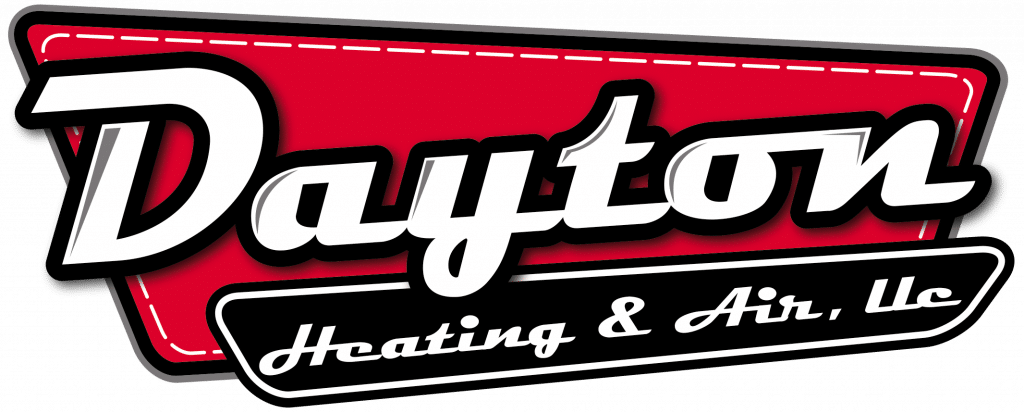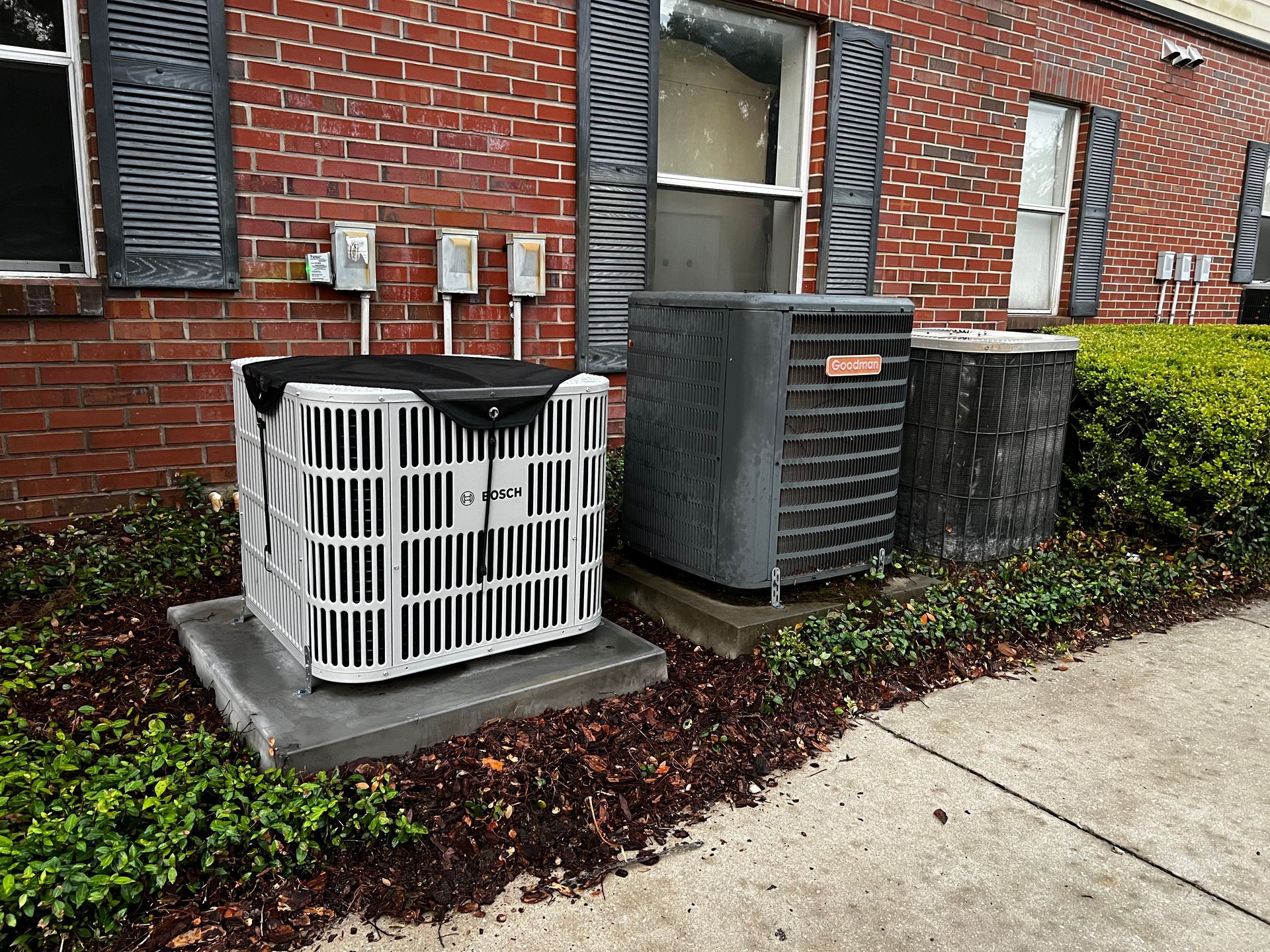3499 NW 97th Blvd unit 12, Gainesville, FL 32606
daytonheatandair@gmail.com
What is a SEER rating?
Here in North Central Florida we see a lot of hot weather throughout the year, meaning that when your HVAC system fails and you need to upgrade, getting the most efficient unit is very important. When shopping for a new HVAC system there may be a lot of terms you are unfamiliar with. One of the most important to consider is the SEER rating. This rating shows exactly how efficient the air conditioning system is, meaning how well the system converts electricity into cooled air.
What Exactly Is A SEER Rating?
The most common residential central cooling system in our area is the split system. In fact, it is the most common type in the whole of the USA. It has one component inside the house called the air handler or evaporator coil. It has a separate component outside the home, also called the condenser or compressor.
The main efficiency rating applied to these split systems is called Seasonal Energy Efficiency Ratio or SEER. These SEER ratings within the U.S. run from 13-25. They are calculated by dividing the cooling output by the electrical power that goes into the equipment. The higher the number that your system scores, the more efficient the AC or heat pump.
What Is An Energy Star Credential?
Manufacturers in Florida are prohibited from selling split system HVAC systems with SEER ratings below 14 as of 2015. Heat pump ACs must have at least a SEER 15 rating. In order to qualify for the federal government’s energy efficiency credential, the Energy Star, a split system air conditioner and heat pump must boast a 15 SEER rating or higher.
While the added higher efficiency is a major benefit, it will cost you money. The higher the SEER rating the more expensive the HVAC system will be. When shopping for a new HVAC system it is important for you to consider just how often you expect to use your system and what type of cooling you expect out of it.
If you and your family prefer to run the AC constantly and plan to stay in your home for a long time, you should consider investing in a high SEER system. The upfront cost is higher, but the operating costs of a high efficiency unit are much less than a lower SEER system. You may end up saving a lot more on your future power bills than you would think.
If your family is not planning to stay in your home long term or are not running the AC very often throughout the year, you are probably better off with a lower-end SEER system.
To discuss this or any other questions you may have about new HVAC systems, call Dayton Heating and Air to speak to a Gainesville, FL local expert technician today at (352) 317-2132.
You Might Also Like



Location


Call
Request Same-Day Quote
Contact Us
We will get back to you as soon as possible.
Please try again later.
Request Same-Day Quote
Contact Us
We will get back to you as soon as possible.
Please try again later.

Location
Working Hours
- Mon - Fri
- -
- Saturday
- -
- Sunday
- Closed
CAC1819132



